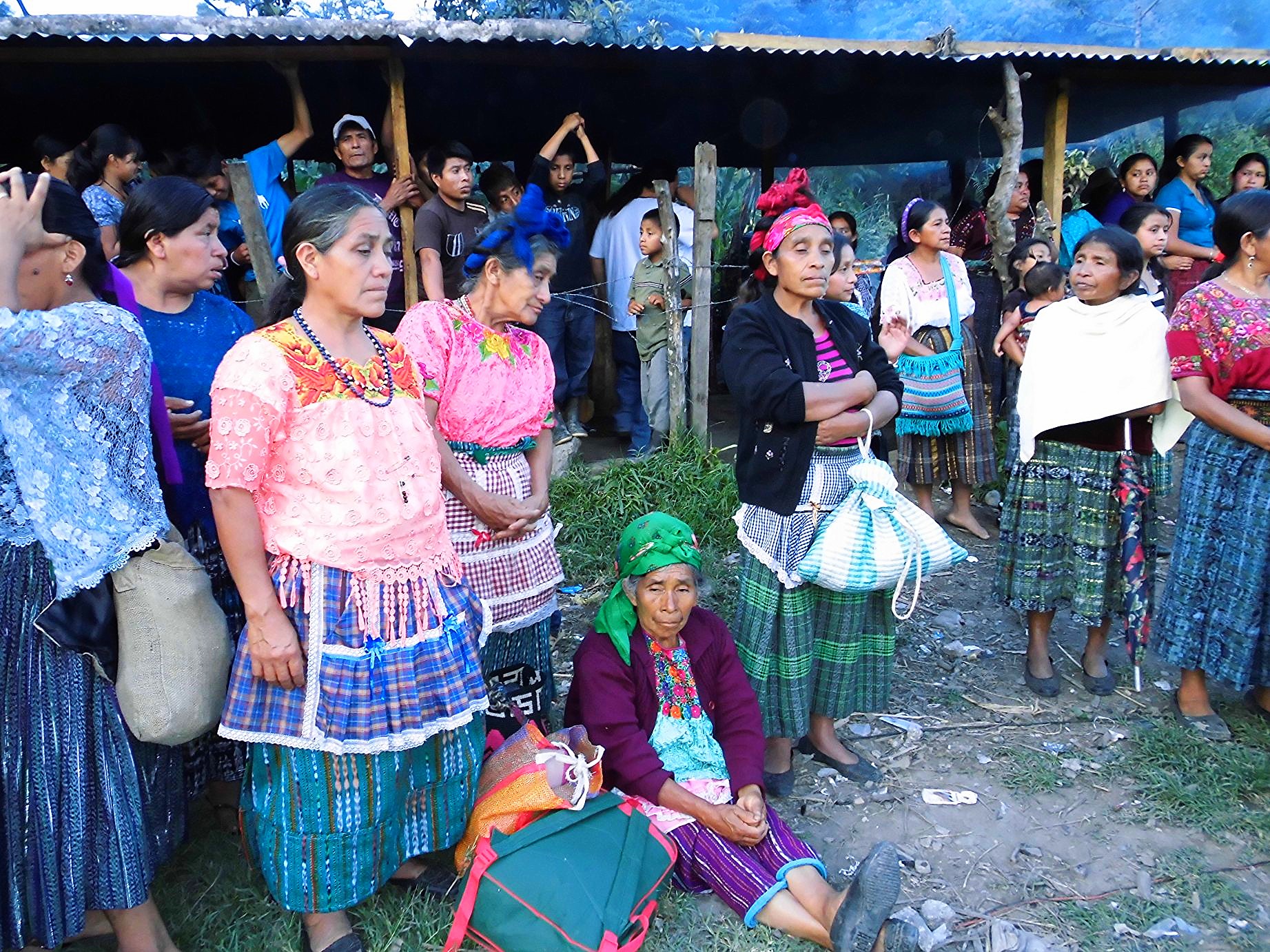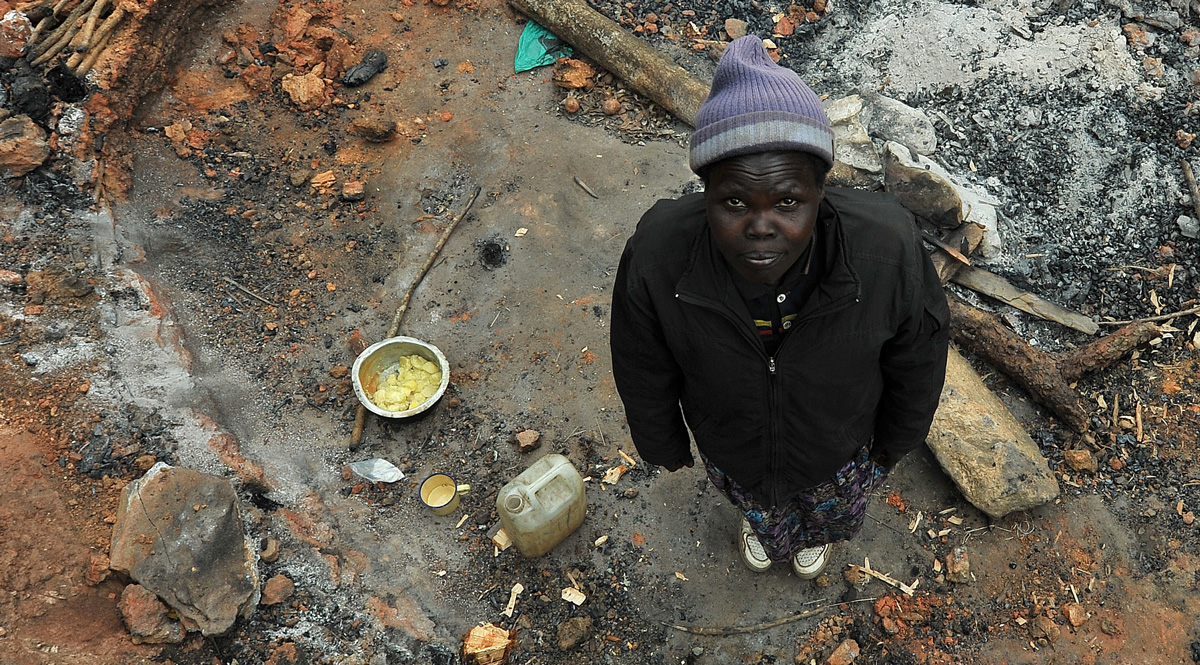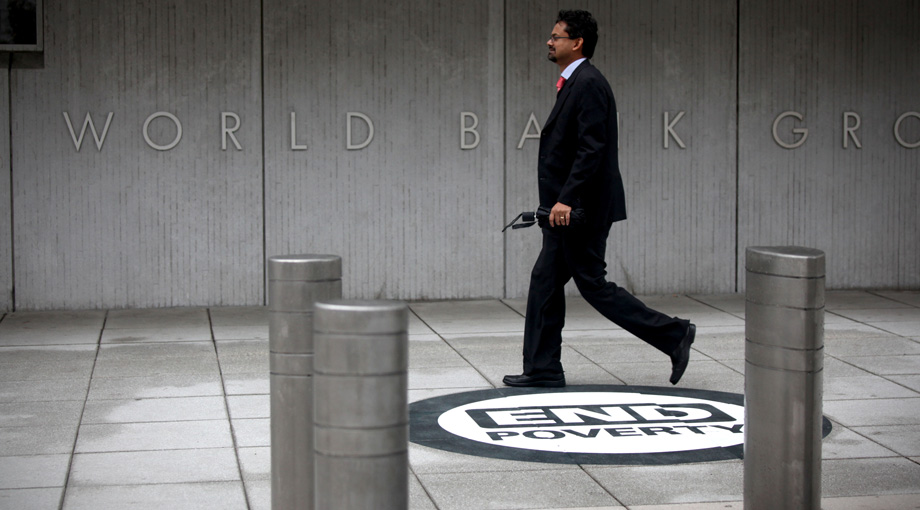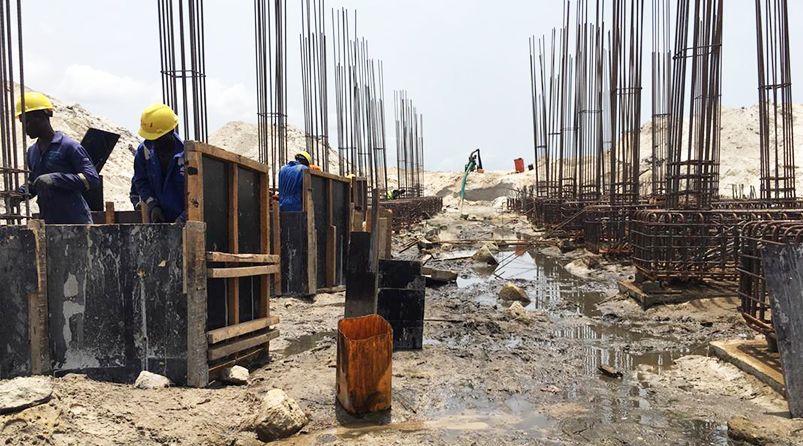
Palm oil has fast become one of the most common ingredients in processed food, yet many consumers have little idea about the vast plantations in Indonesia and Malaysia that produce it. The World Bank has loaned more than a billion dollars to governments and corporations to develop these plantations, which have often led to rainforests being bulldozed and communities being displaced.
In the latest story in ICIJ’s “Evicted and Abandoned” investigation, in partnership with The Food & Environment Reporting Network, writer Jocelyn Zuckerman traveled to a remote outpost of Indonesia to uncover the effect of one plantation on the island of Sumatra. What she saw left her stunned by the level of destruction both to people and to the land.
Here is an edited excerpt from her Q&A with FERN’s Kristina Johnson:
Your story focuses on the trauma of a young boy named Revan, after his family was kicked off their land to make way for the expansion of a palm oil plantation. How did you find him?
It wasn’t easy. There was a feeling of fear and intimidation in these displaced communities that made people jittery about letting us talk to their kids. Once night started to fall, people would say, “You have to get out of here. The guards are going to come.” Plus, it took hours to get to the concession, where people lived, because the roads were so bad. You would get lost in the endless maze of palm trees.
 Did you ever worry that you were putting Revan in danger by talking to him?
Did you ever worry that you were putting Revan in danger by talking to him?
No. I felt like we were in his house, with his dad, so if any guards came, they weren’t going to do anything more than shoo us off. Also, the tribal elder said it was okay for us to talk to him, and his father encouraged us, too. Their family is basically marooned in the middle of this endless sea of palm. They are angry and feel like nobody cares. They wanted their story told.
Palm oil is used in at least of half of products on U.S. shelves, from toothpaste to peanut butter. Why is it suddenly in everything?
It had been used in cosmetics for a while, but in the States it started to show up in a dramatic way in food back in 2008, when companies began to remove trans fats. Palm oil gives the same mouthfeel as trans fats, so companies subbed it in. It’s also really cheap to produce.
Supporters argue that the palm-oil industry is helping poor countries develop. What do you think?
It’s true that the economies of Malaysia and Indonesia have grown immensely since the countries have gone all in with palm. But I fear that the plantations are a good thing for a few people, but they come at a great cost for many others. One of the founders of the Wilmar Corporation, which owned the palm-oil plantation in Jambi that I write about, is the richest man in Malaysia (the other is the 12th-richest in Indonesia). But the indigenous people who are most affected don’t just source food from the land; they source their medicines and their building materials. They lose everything when these plantations come in.
Do you think the World Bank is aware of the possible fallout for families like Revan’s when they fund these projects?
I don’t think they’re clueless. In 2009, then–World Bank President Robert Zoellick actually put a moratorium on funding for palm oil because there were so many complaints about the sector from around the globe. And the bank does assessments ahead of time on all their projects—though not everyone agrees that those studies are comprehensive, especially when it comes to looking at how children are affected.
When you left Revan’s family and returned to the United States, what went through your mind?
To be honest, I came back wondering if I could continue to report on stories like this. As a journalist, you think, “Is this about my own ambition to tell a good story? Can I really have an impact?” But ultimately, I do believe it’s worthwhile to do this kind of reporting. When I was a Peace Corps volunteer in Africa, I lived in a little village right on the Equator, which is prime palm-oil territory. I remember my students asking me if I had a shamba, a farm, and when I said no, they were like, But where do you get your food? These people didn’t even have shoes. All they had was their land. I’ve had dreams about going back there and finding that it’s all been turned into palm oil.
—
Read more about the impact from ICIJ’s investigations, and find out how you can support important investigations like this one
![]() Find out first! Receive ICIJ’s investigations by email
Find out first! Receive ICIJ’s investigations by email



